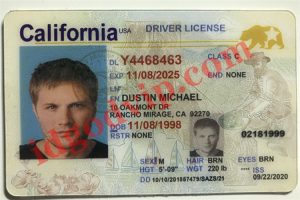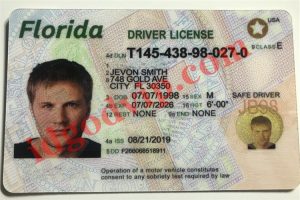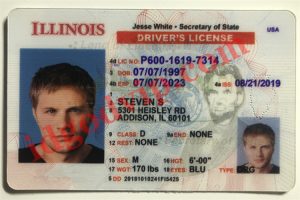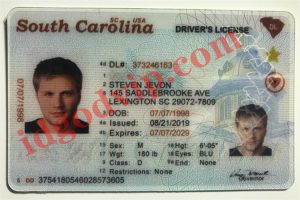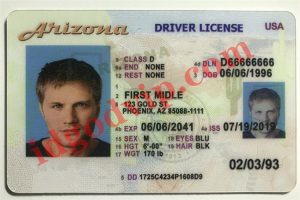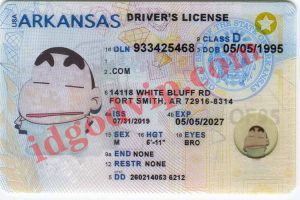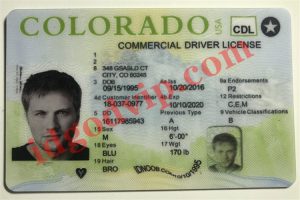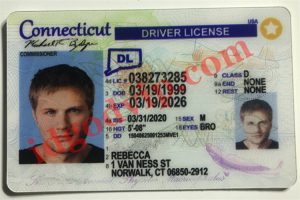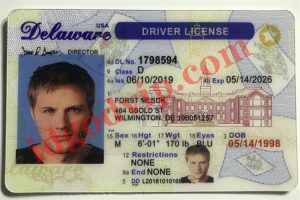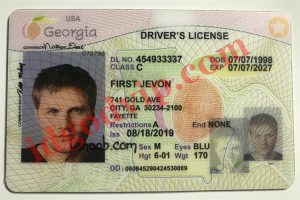20 Ways to Identify Fake IDs in 2022
Is it safe to say you’re a club bouncer and looking for ways to help get rid of fake IDs? You have good company. Scannable fake ids are quite possibly the most publicized problem clubs face, but if you know what to search for, it doesn’t have to be. In this blog post, we’ll cover 20 quick tips to easily detect fake IDs in the most proficient way!
Key Strategies for Identifying Fake IDs
1. Color Texture
Look at the tones on some state ID cards. For example, let’s say they use purple instead of red when making their state seal, an important warning sign that the ID may not be genuine!
2. Distinguishing substances
Actually look at the PVC card. Best fake ids are usually made of PVC, unlike extra expensive materials like plastic, which makes it easy to identify just by feel.
3. Scan ID
Scan the card to prevent changes. Fake ids can be corrupted or worse, they can have all kinds of IDs that aren’t messed up!
4. Arbitrary query
Seek some clarification: A quicker way to tell which cards are real is to ask questions such as “Does your family know?” Or “What year did you graduate?”.
5. Pixelate
Does the ID use a polished card or a cover card? Or on the other hand, is there any pixelation when focusing on the card?
6. Birthday
Whether the date of birth on the ID matches what’s on their Facebook profile, if they have a profile associated with the record.
7. Thickness and Aspects
Look closely at the edges of the ID for thin raised lines. Compare the size of the fake id with the actual barbook size.
8. State Seal
Take a close look at the multi-dimensional image/sticker on the ID to see if there are spelling mistakes or different mistakes such as misrepresented words and letters. Take a look at the state seals to see if they line up inaccurately.
9. Take a practical look at UV quality
Hold ID card in low light – UV ink will flicker when holding ID card. Check IDs for small text styles or overly elaborate words.
10. Apply the Curve Test
Look at any finished part of the photo, such as the hair, to compare it to what’s in the image. You can also do this by examining age sports photos where there should be kinks everywhere. (This test is only for Teslin or PVC cards).
11. Take a real look at Text styles
Also search for exceptions in different areas of the license. These include missing words, unfortunate letter quality/structure (some letters may also be bold) and wrong language usage.
12. Signature Count
Also look at the cardholder’s mark. Does it look messy and rushed? If this is true, this could be an id card fake.
13. Really Know Photoshop Altering
If someone is going to be using Photoshop (or some other altering program) to process photos, a good way to do that is to check how they compare to different objects around them. Individuals should be more honed than everything else in the picture.
14. No global license
Assuming you see a global driver’s license, they won’t be allowed in.
15. Microprinting
Most state ID cards are accompanied by extraordinary printing innovations. This is a healthy highlight of DMV’s use of micro-printing equipment. Phishing authorities cannot reproduce this precisely.
16. Laser Jobs
The fake ID misses the highlights of the laser etching. Fake characters may be spotted without background lighting.
17. QR code
Each driver’s license comes with an installed QR code. It is designed with a QR code that can be scanned. Scannable fake ids are very rare.
18. Check the license number
Each state ID refers to an alternate organization for its license number. Assuming the permutation on the id you’re checking is unique relative to the number given by the country, then, at this point, it’s most likely false.
19. Stay Away from Doppelgangers
Individuals shouldn’t look like their pictures (eg: if it’s in their shoes, but younger at the same time).
20. Sign area
They may also not know where to sign! Imagine you see id card fake. Reject them part! These tips can help keep minors out of bars and improve everyone’s life. Happy jumping!
